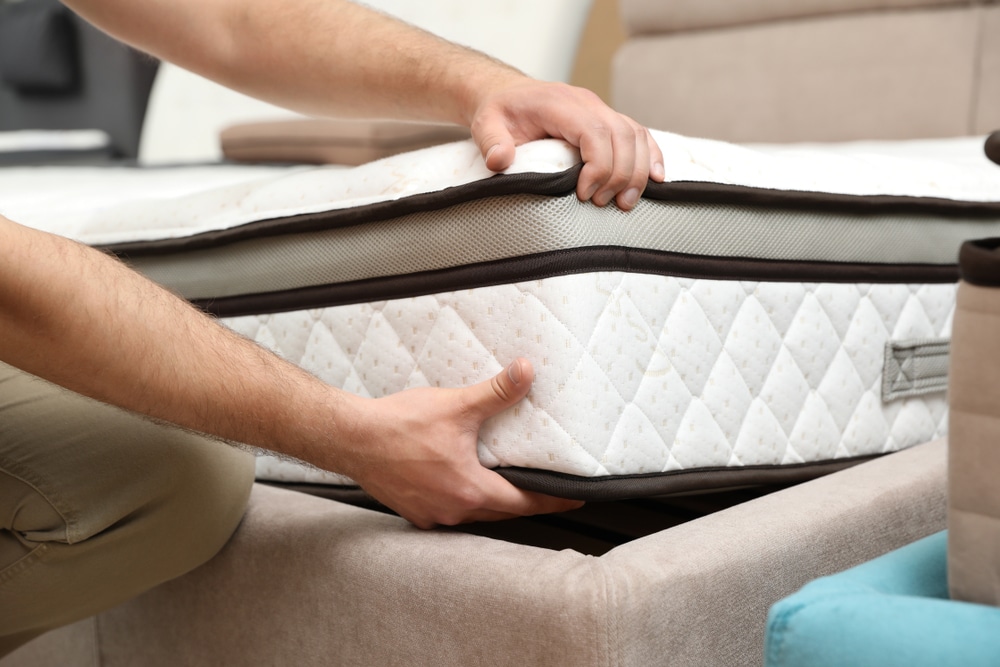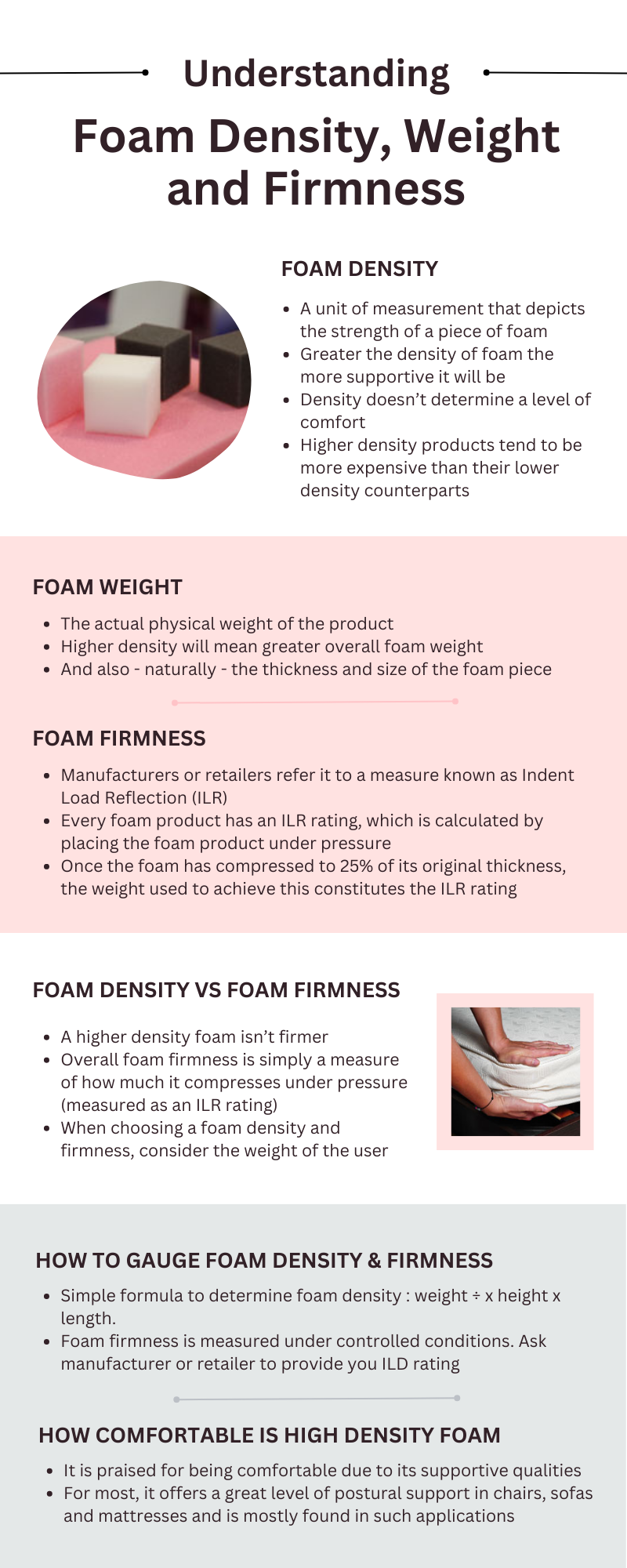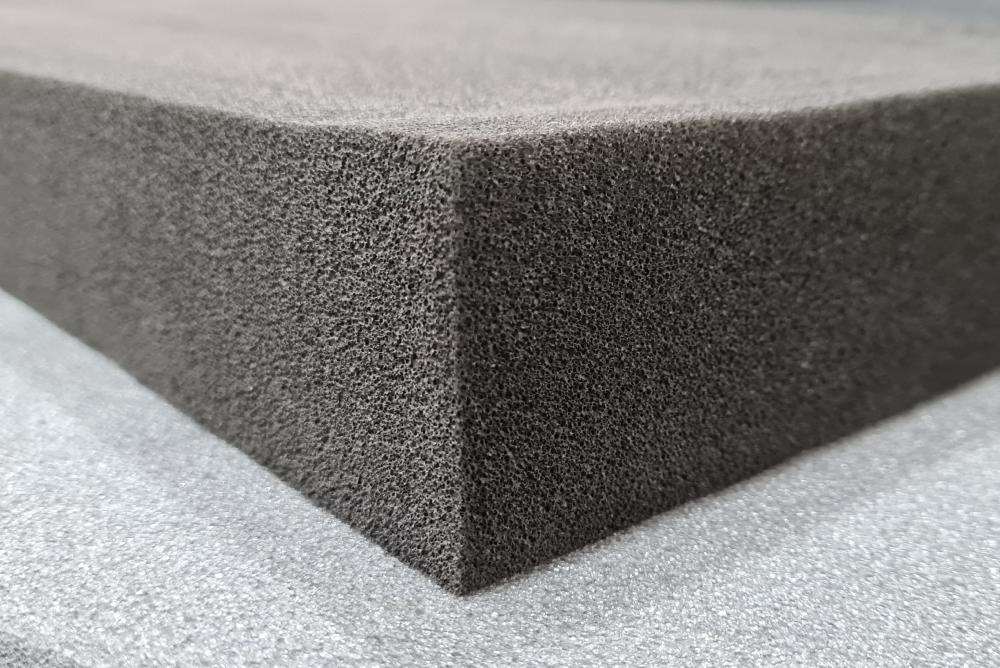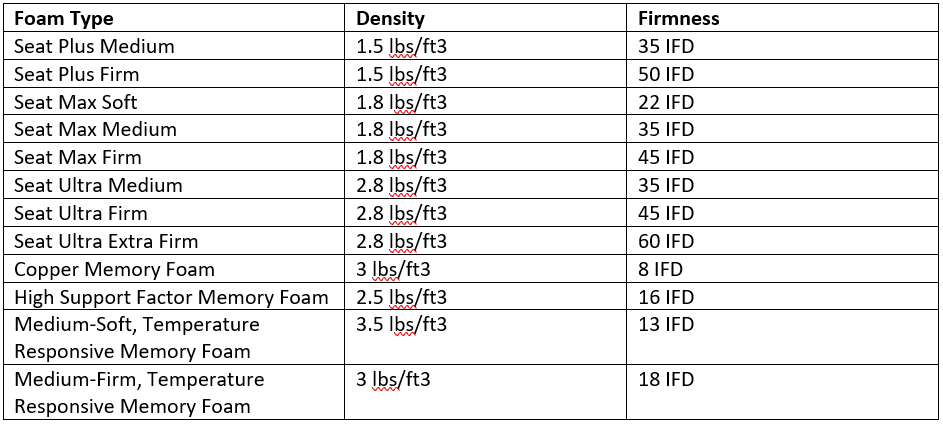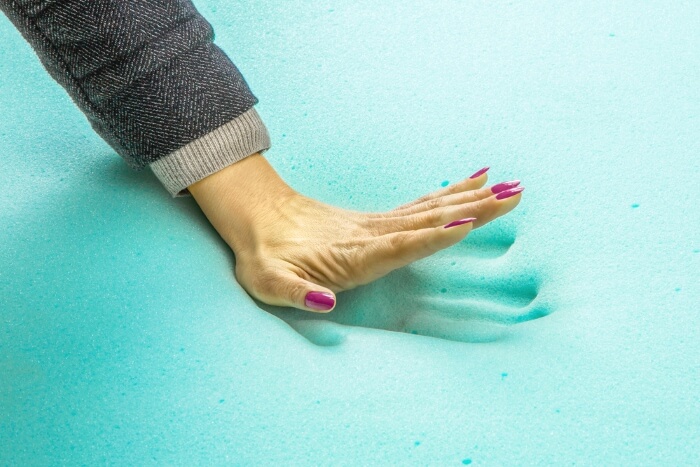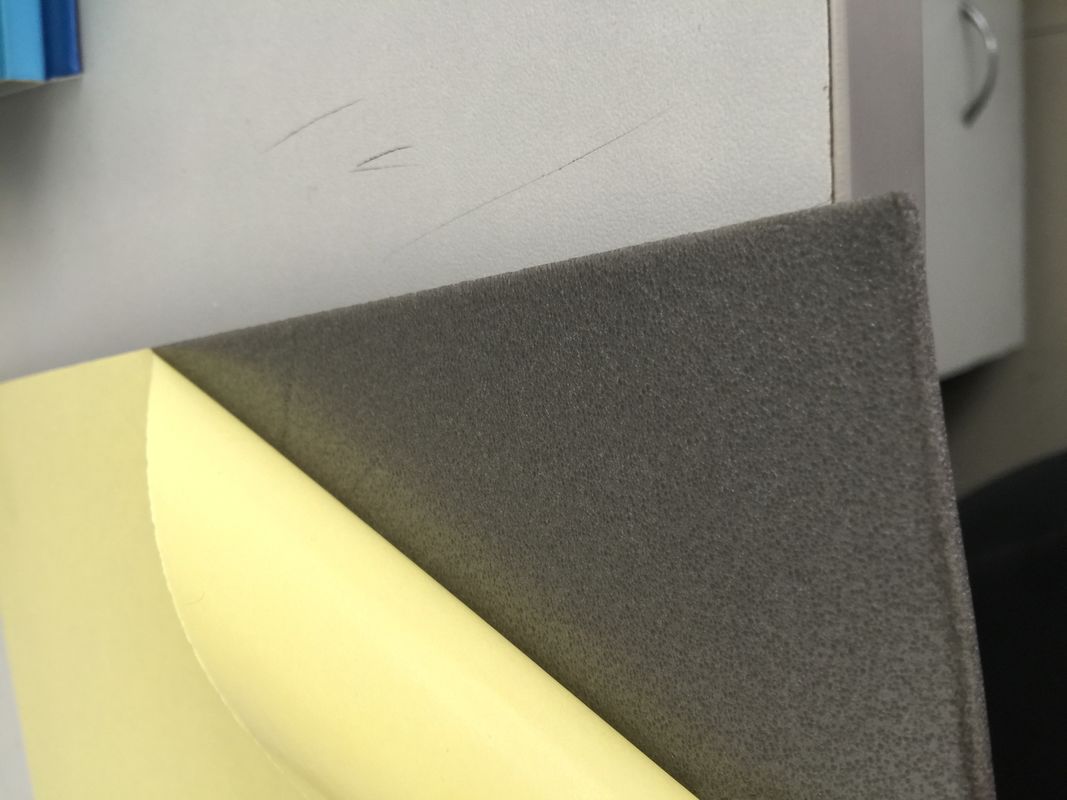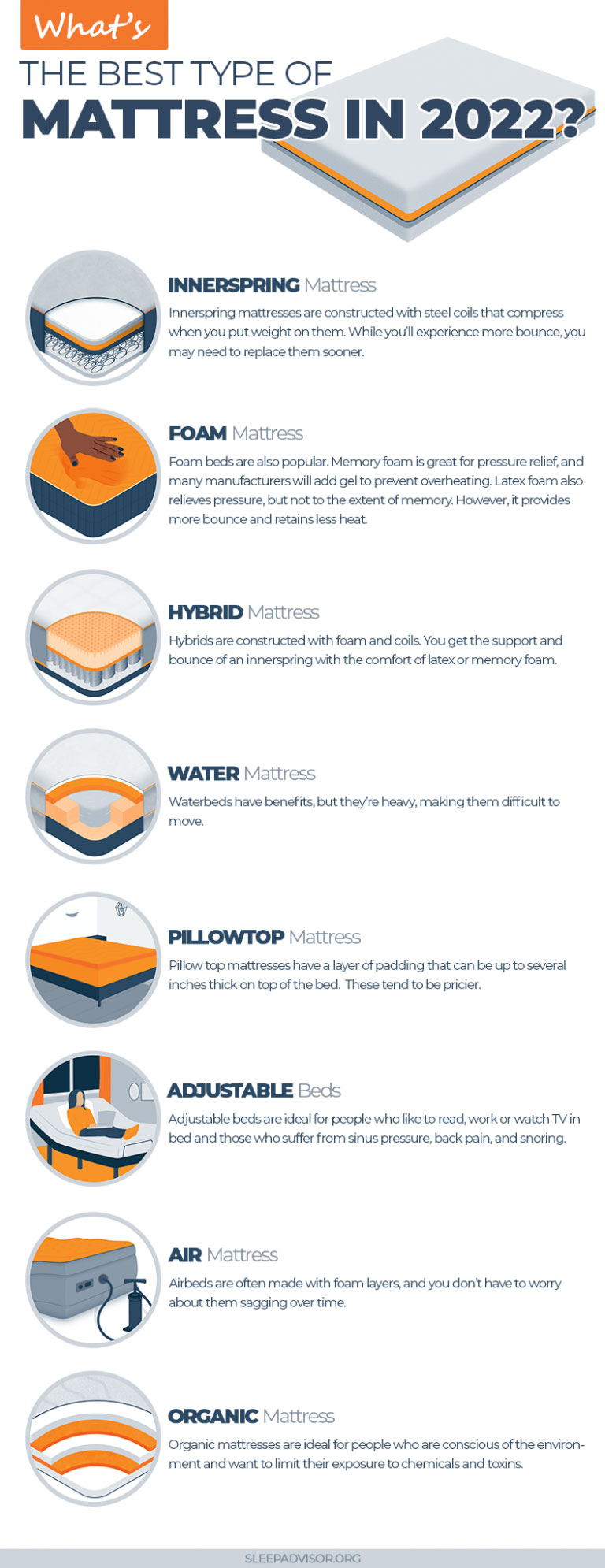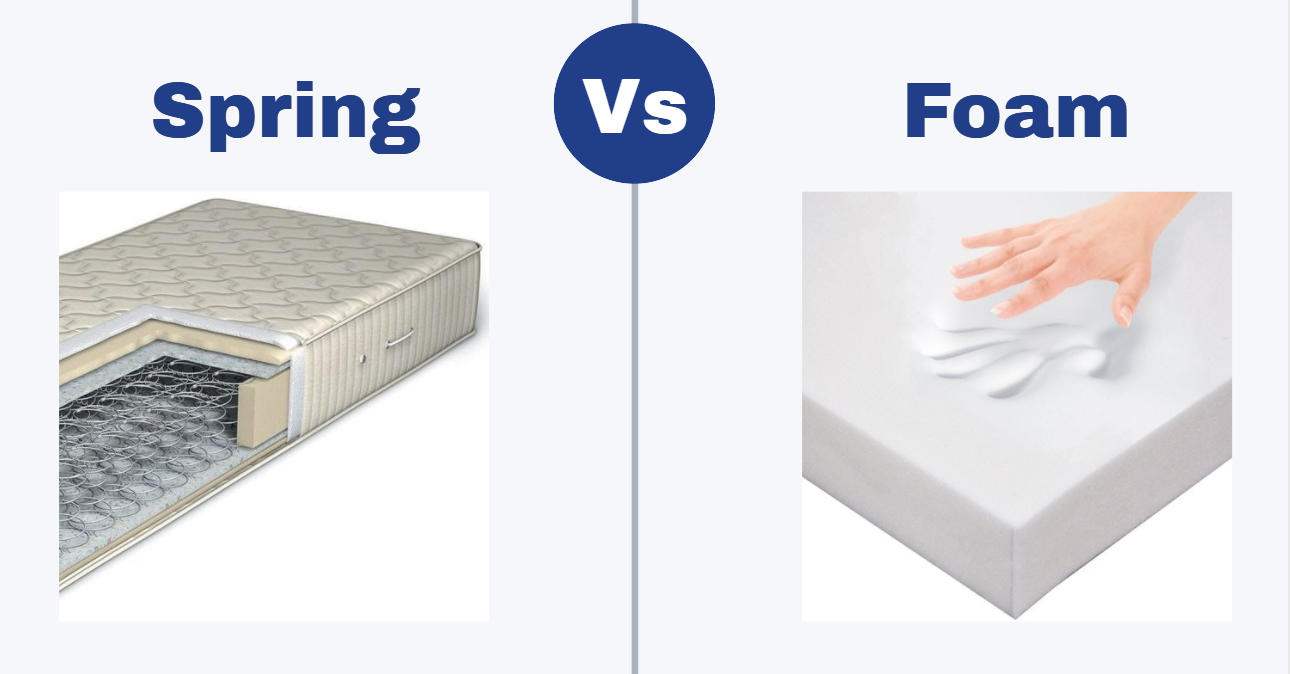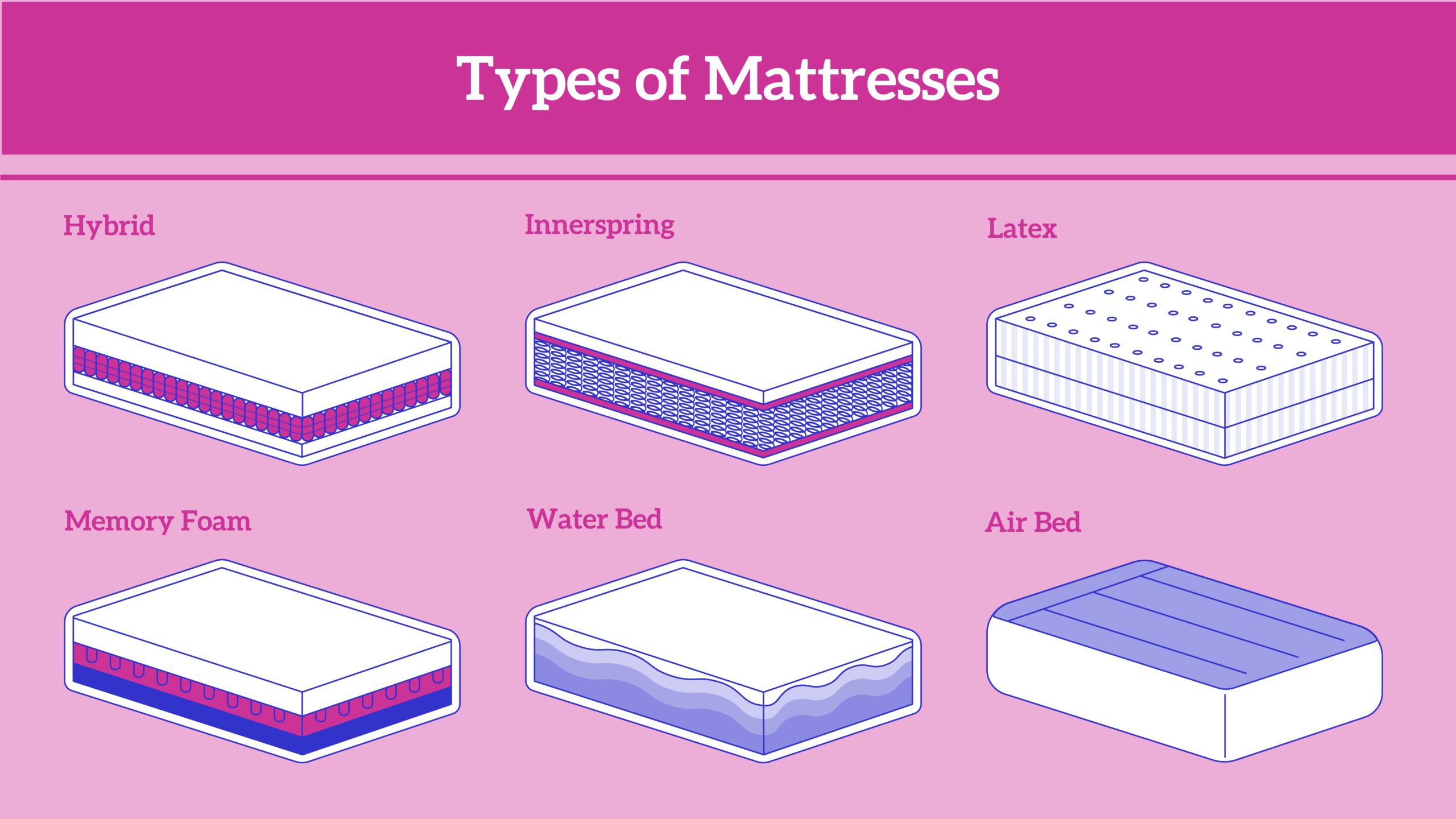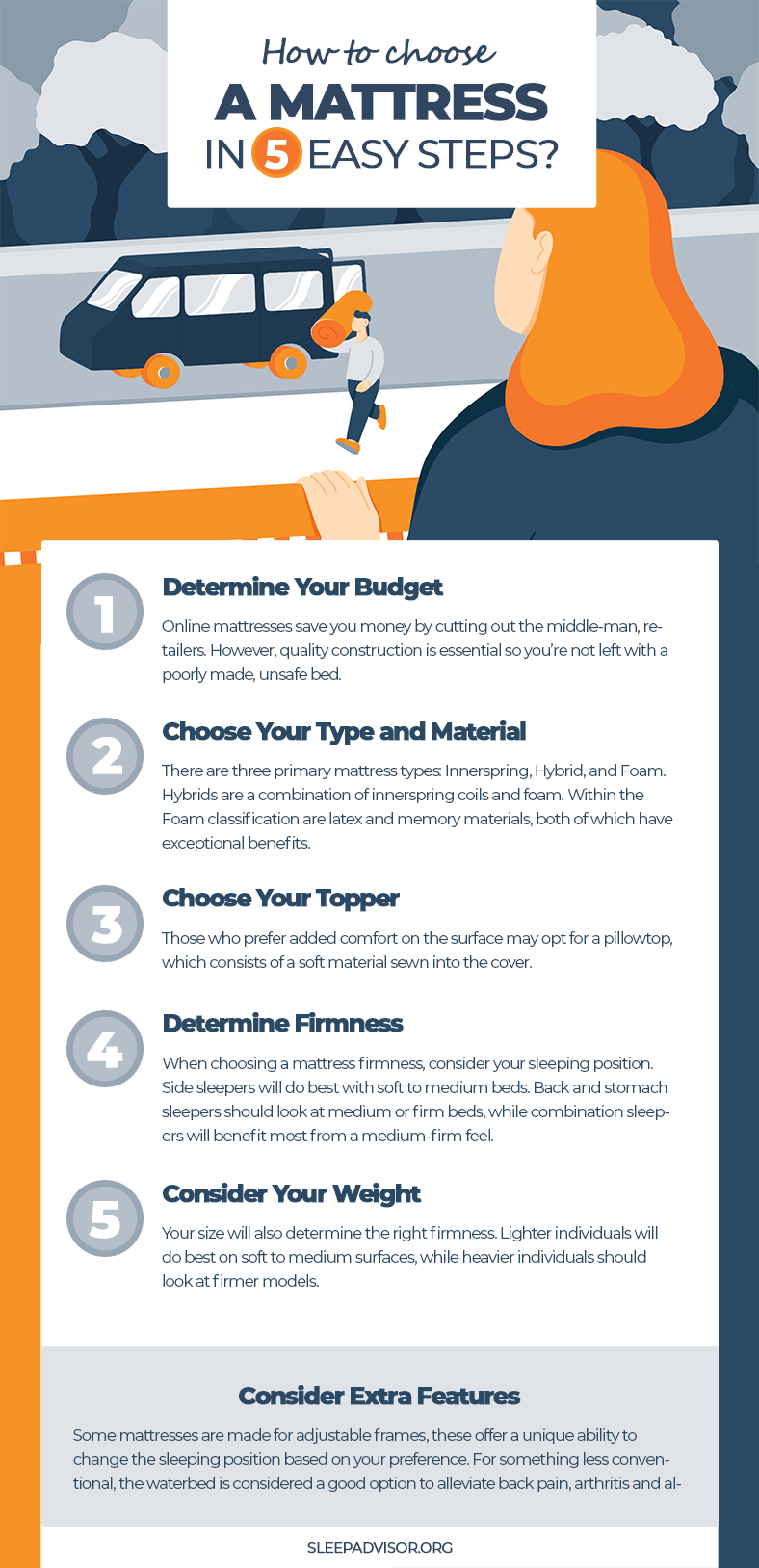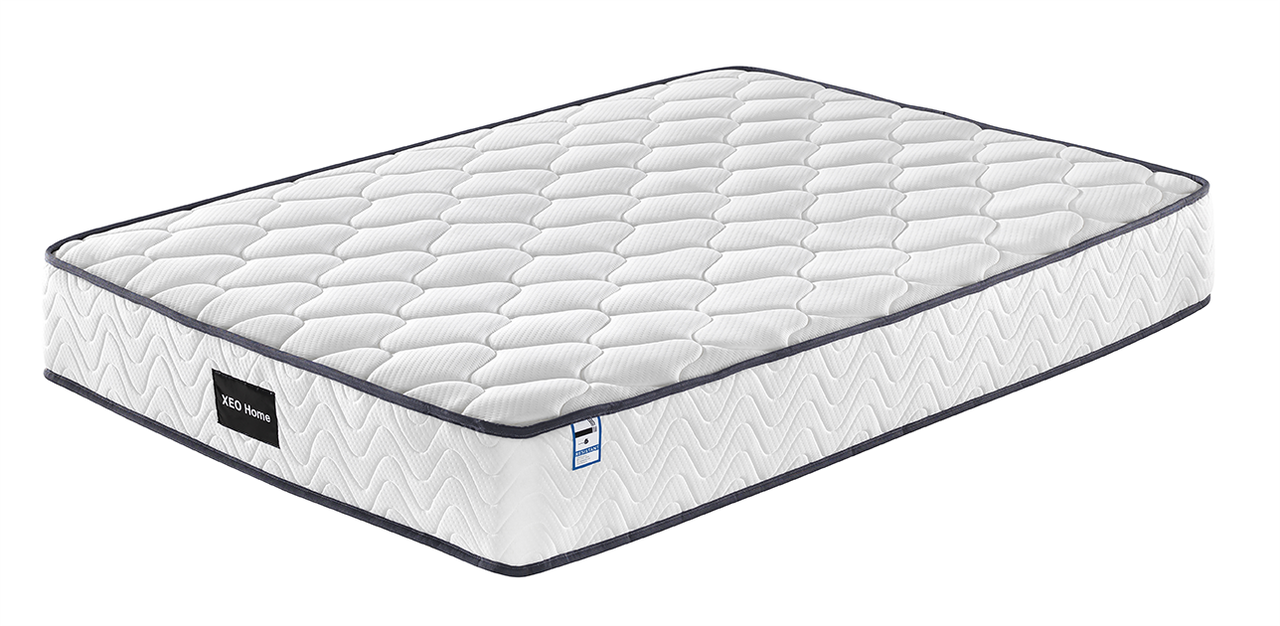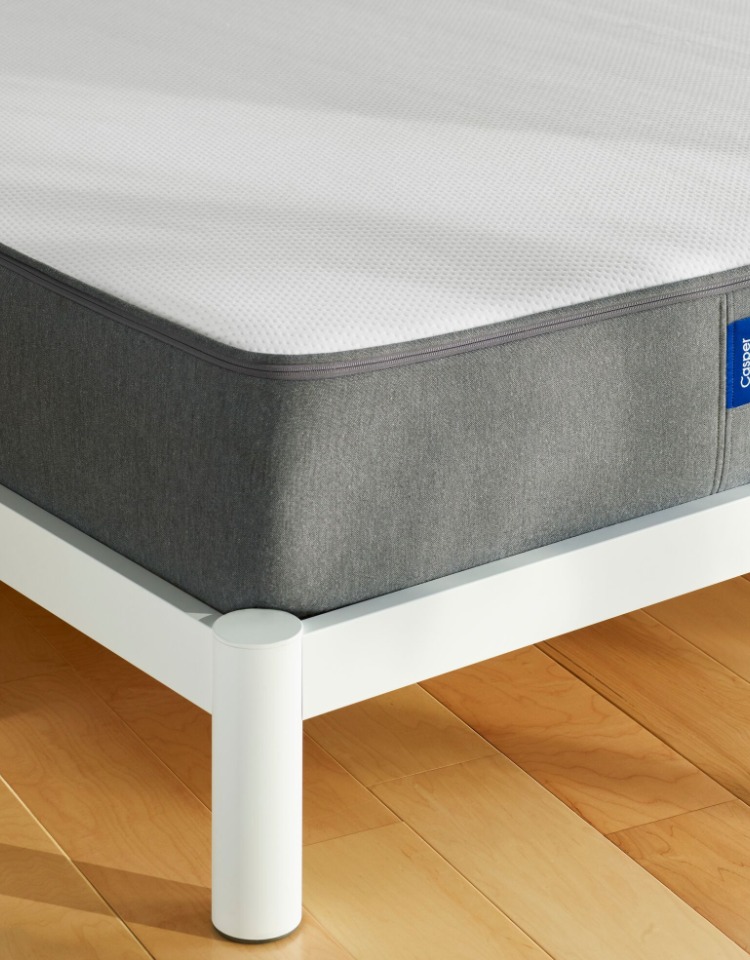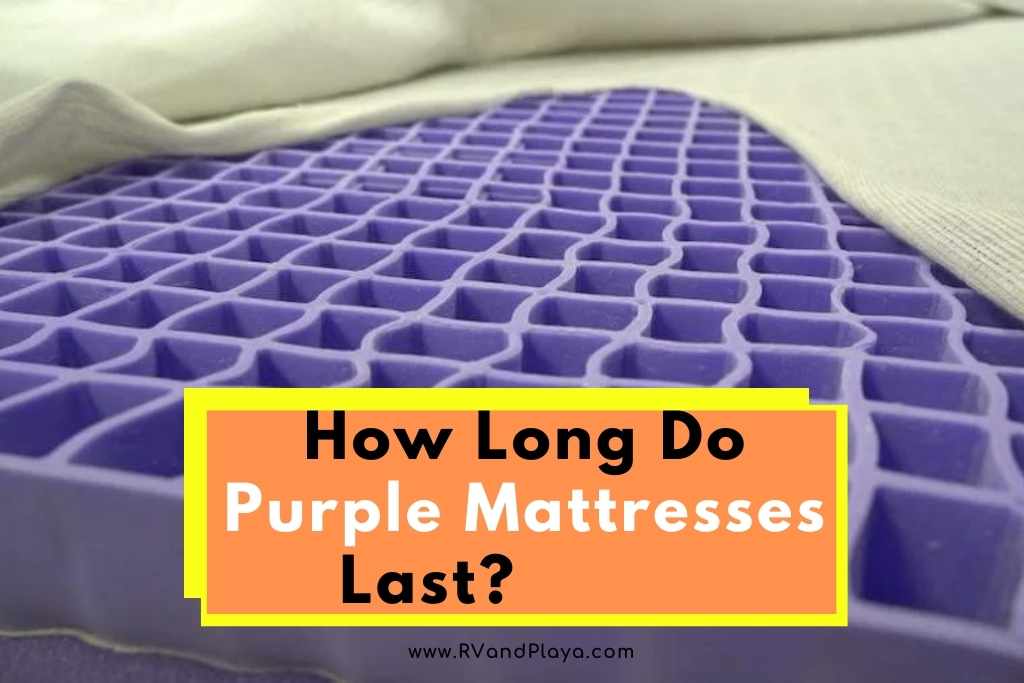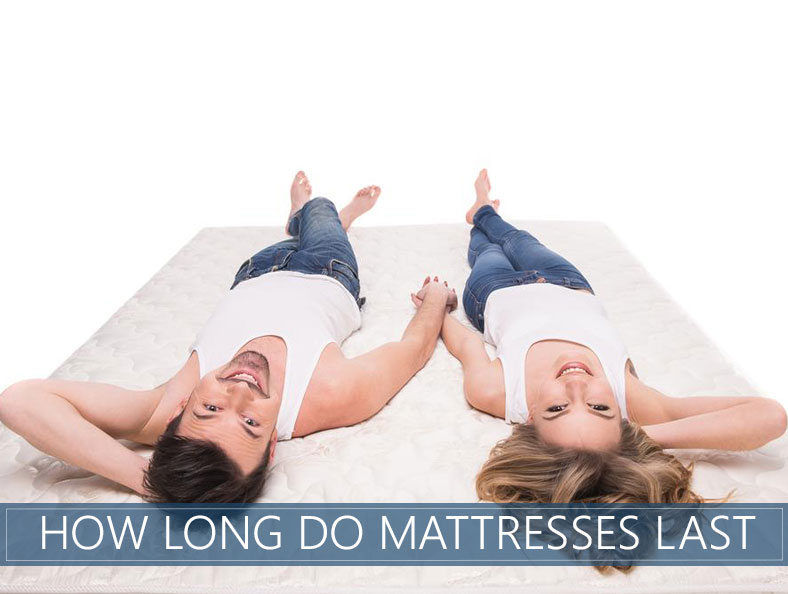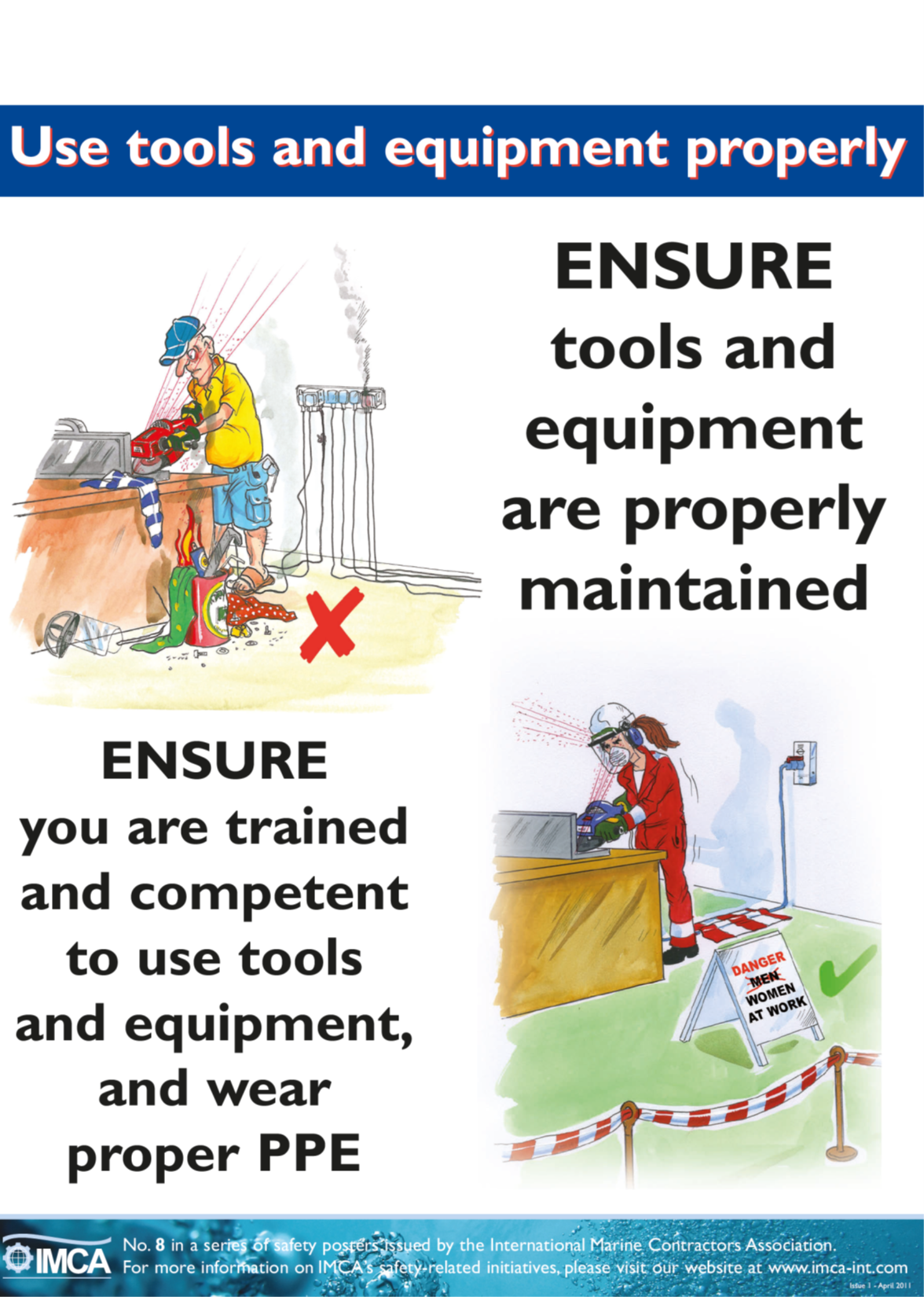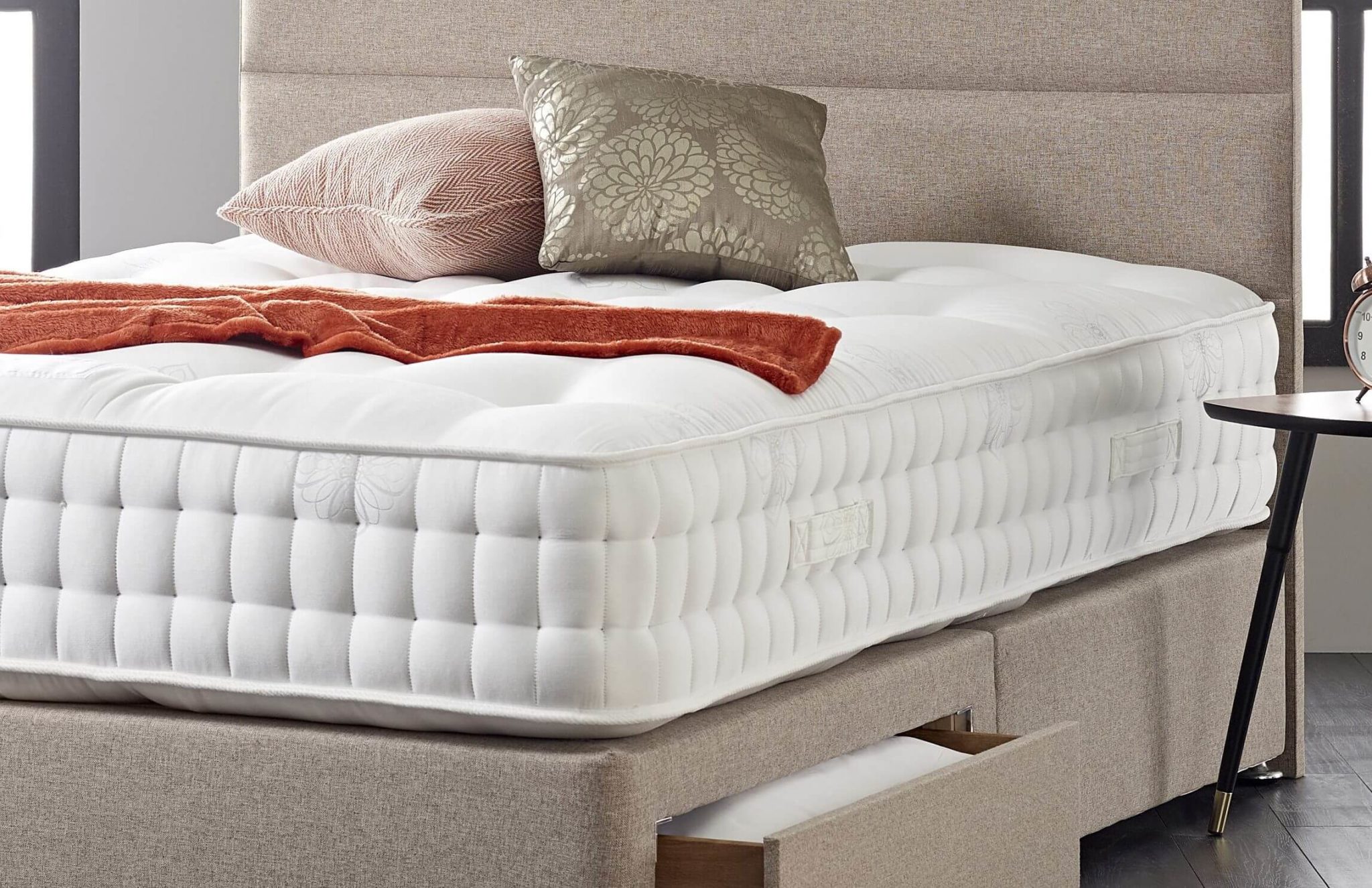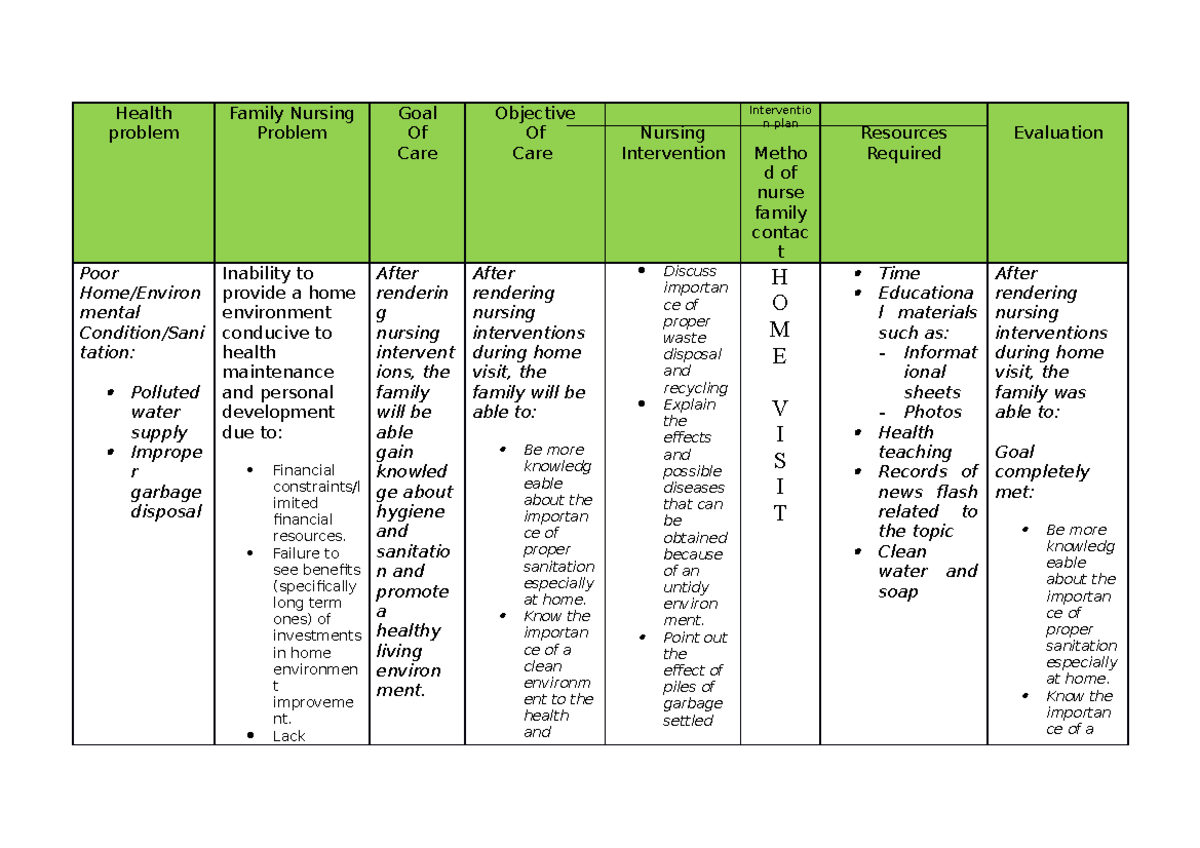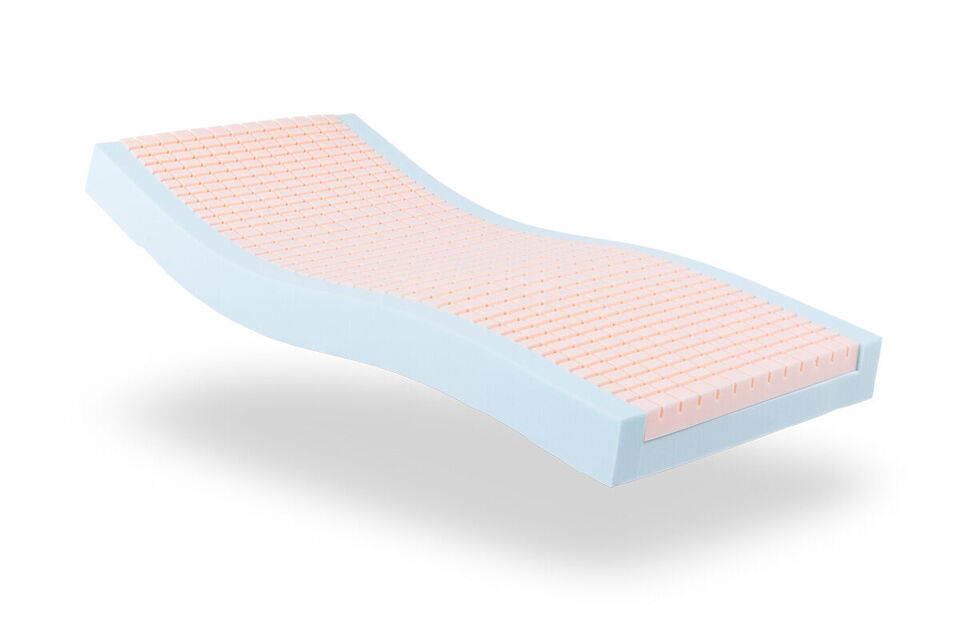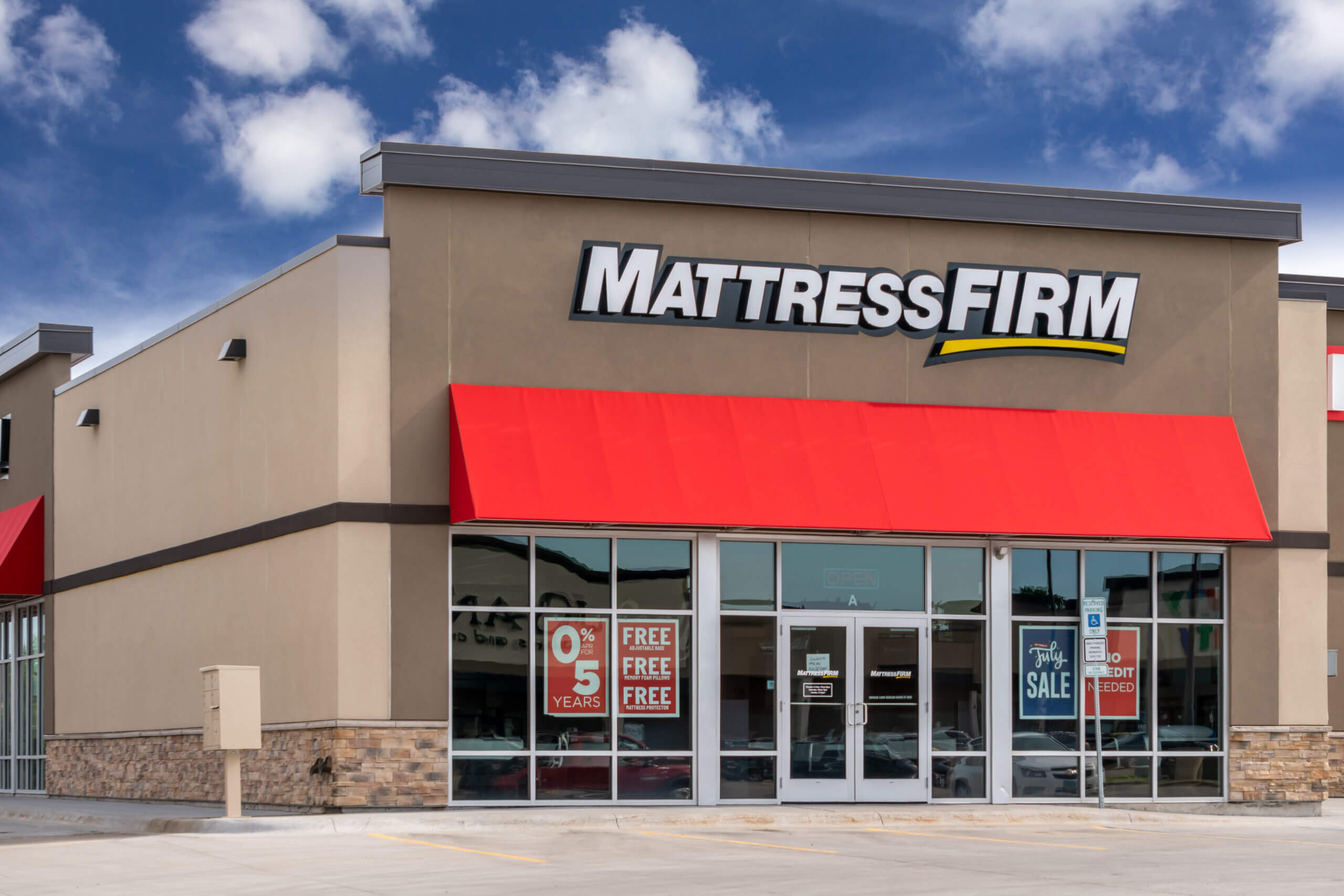Foam Mattress Lifespan: How Long Do They Last?
When shopping for a new mattress, one of the most important factors to consider is its lifespan. After all, you want to invest in a mattress that will provide you with comfortable and restful sleep for years to come. In recent years, foam mattresses have gained popularity for their comfort and support, but many people wonder how long they actually last. Let's explore the lifespan of a foam mattress and what you can do to ensure it lasts as long as possible.
The Average Lifespan of a Foam Mattress
On average, a foam mattress can last anywhere from 8 to 10 years. This is significantly longer than traditional innerspring mattresses, which tend to last around 5 to 7 years. However, the exact lifespan of a foam mattress will depend on several factors, including the quality of materials, frequency of use, and proper care and maintenance.
Factors That Affect the Lifespan of a Foam Mattress
There are several factors that can impact how long your foam mattress will last. The first is the density of the foam. Higher density foams tend to be more durable and can last longer than lower density foams. Additionally, the quality of materials used to make the foam, such as the type of foam and the thickness of the layers, can affect its lifespan.
Another factor to consider is the frequency of use. If you sleep on your mattress every night, it will naturally wear out faster than a mattress that is used less frequently. Additionally, the weight of the sleeper can also impact the lifespan of a foam mattress. Heavier individuals may put more strain on the foam, causing it to wear out more quickly.
How to Extend the Lifespan of Your Foam Mattress
While the average lifespan of a foam mattress is 8 to 10 years, there are steps you can take to extend its longevity even further. One of the most important things you can do is to rotate your mattress regularly. This helps to distribute wear and tear evenly, preventing any one area from becoming too compressed.
Additionally, investing in a mattress protector can help to protect your foam mattress from spills, stains, and other damage. Keeping your mattress clean and free from moisture can also help to prolong its lifespan. And if your mattress has a removable cover, be sure to wash it regularly according to the manufacturer's instructions.
Signs It's Time to Replace Your Foam Mattress
Even with proper care and maintenance, there will come a time when your foam mattress needs to be replaced. Some signs that it's time for a new mattress include sagging or visible indentations, loss of support, and discomfort or pain while sleeping. If you notice any of these signs, it's probably time to start shopping for a new foam mattress.
Understanding Foam Density and Its Impact on Lifespan
As mentioned earlier, the density of foam can play a significant role in its lifespan. Foam density is measured in pounds per cubic foot, with higher density foams being more durable and longer-lasting. A good rule of thumb is to look for a foam density of at least 1.5 pounds per cubic foot for a durable and long-lasting mattress.
Comparing the Lifespan of Foam Mattresses to Other Types
While foam mattresses tend to have a longer lifespan than traditional innerspring mattresses, they may not last as long as other types of mattresses, such as latex or air mattresses. However, foam mattresses are typically more affordable and can still provide a comfortable and supportive sleep experience for many years.
Tips for Choosing a Durable Foam Mattress
If you're in the market for a new foam mattress, there are a few things you can look for to ensure you're getting a durable and long-lasting product. First, pay attention to the foam density, as mentioned earlier. Additionally, look for a reputable brand and read customer reviews to get an idea of how long the mattress has lasted for others.
You can also ask about the warranty and return policy for the mattress. A good warranty can give you peace of mind that the manufacturer stands behind their product, and a generous return policy can allow you to try out the mattress and return it if it doesn't meet your expectations.
Real Customer Experiences: How Long Did Their Foam Mattresses Last?
While the average lifespan of a foam mattress is 8 to 10 years, this can vary based on individual experiences. Some customers have reported their foam mattresses lasting as long as 15 years, while others have had to replace theirs after only a few years. It's essential to take into account factors such as density, quality of materials, and care and maintenance to get a better understanding of how long your specific foam mattress may last.
The Importance of Proper Care and Maintenance for Foam Mattresses
We can't stress enough the importance of proper care and maintenance for your foam mattress. Not only can it help to extend its lifespan, but it can also ensure that you're getting the most out of your investment. Be sure to follow the manufacturer's instructions for care, and don't hesitate to reach out to them if you have any questions or concerns.
In conclusion, the lifespan of a foam mattress can vary, but on average, you can expect it to last 8 to 10 years with proper care and maintenance. By understanding the factors that can affect its lifespan and taking steps to extend its longevity, you can get the most out of your foam mattress and enjoy comfortable and restful sleep for years to come.
The Importance of Choosing a Long-Lasting Foam Mattress for Your Home

Introduction
 When it comes to designing and furnishing your home, one of the most important pieces of furniture to invest in is a good mattress. After all, we spend about one-third of our lives sleeping, and the quality of our sleep can greatly impact our overall health and well-being. With the rise in popularity of foam mattresses, many people wonder about their lifespan and whether they are a good long-term investment.
Foam mattresses
are made from a variety of materials, such as memory foam, latex foam, or polyurethane foam. They are known for their comfort and support, conforming to the body's shape and relieving pressure points. However, like all mattresses, they do have a limited lifespan.
When it comes to designing and furnishing your home, one of the most important pieces of furniture to invest in is a good mattress. After all, we spend about one-third of our lives sleeping, and the quality of our sleep can greatly impact our overall health and well-being. With the rise in popularity of foam mattresses, many people wonder about their lifespan and whether they are a good long-term investment.
Foam mattresses
are made from a variety of materials, such as memory foam, latex foam, or polyurethane foam. They are known for their comfort and support, conforming to the body's shape and relieving pressure points. However, like all mattresses, they do have a limited lifespan.
The Average Lifespan of a Foam Mattress
 The lifespan of a foam mattress can vary depending on several factors, such as the quality of materials and construction, the weight and sleeping habits of the user, and the care and maintenance of the mattress. On average, a high-quality foam mattress can last anywhere from 8 to 10 years.
However, it is important to note that this is just an estimate and not a guarantee. Some foam mattresses may last longer, while others may need to be replaced sooner. This is why it is crucial to choose a foam mattress from a reputable brand and to properly take care of it.
Proper care and maintenance
can significantly extend the lifespan of a foam mattress. This includes regularly rotating the mattress, using a mattress protector, and keeping it clean and free from stains. It is also important to avoid placing heavy objects on the mattress and to use a supportive and breathable foundation.
The lifespan of a foam mattress can vary depending on several factors, such as the quality of materials and construction, the weight and sleeping habits of the user, and the care and maintenance of the mattress. On average, a high-quality foam mattress can last anywhere from 8 to 10 years.
However, it is important to note that this is just an estimate and not a guarantee. Some foam mattresses may last longer, while others may need to be replaced sooner. This is why it is crucial to choose a foam mattress from a reputable brand and to properly take care of it.
Proper care and maintenance
can significantly extend the lifespan of a foam mattress. This includes regularly rotating the mattress, using a mattress protector, and keeping it clean and free from stains. It is also important to avoid placing heavy objects on the mattress and to use a supportive and breathable foundation.
The Benefits of a Long-Lasting Foam Mattress
 Investing in a high-quality foam mattress with a longer lifespan can have numerous benefits for your home and overall well-being. For one, it can save you money in the long run, as you won't have to replace your mattress as frequently. Additionally, a longer-lasting mattress can provide consistent support and comfort, leading to better sleep and improved health.
Moreover, a foam mattress with a longer lifespan can also be more environmentally friendly. By not having to replace it as often, you can reduce waste and contribute to a more sustainable lifestyle.
Conclusion
In conclusion, choosing a long-lasting foam mattress is crucial for your home's design and your overall well-being. With proper care and maintenance, a good quality foam mattress can provide you with comfort and support for many years to come. So when it's time to invest in a new mattress, be sure to consider the lifespan of the foam mattress and choose one that will last you a long time.
Investing in a high-quality foam mattress with a longer lifespan can have numerous benefits for your home and overall well-being. For one, it can save you money in the long run, as you won't have to replace your mattress as frequently. Additionally, a longer-lasting mattress can provide consistent support and comfort, leading to better sleep and improved health.
Moreover, a foam mattress with a longer lifespan can also be more environmentally friendly. By not having to replace it as often, you can reduce waste and contribute to a more sustainable lifestyle.
Conclusion
In conclusion, choosing a long-lasting foam mattress is crucial for your home's design and your overall well-being. With proper care and maintenance, a good quality foam mattress can provide you with comfort and support for many years to come. So when it's time to invest in a new mattress, be sure to consider the lifespan of the foam mattress and choose one that will last you a long time.


